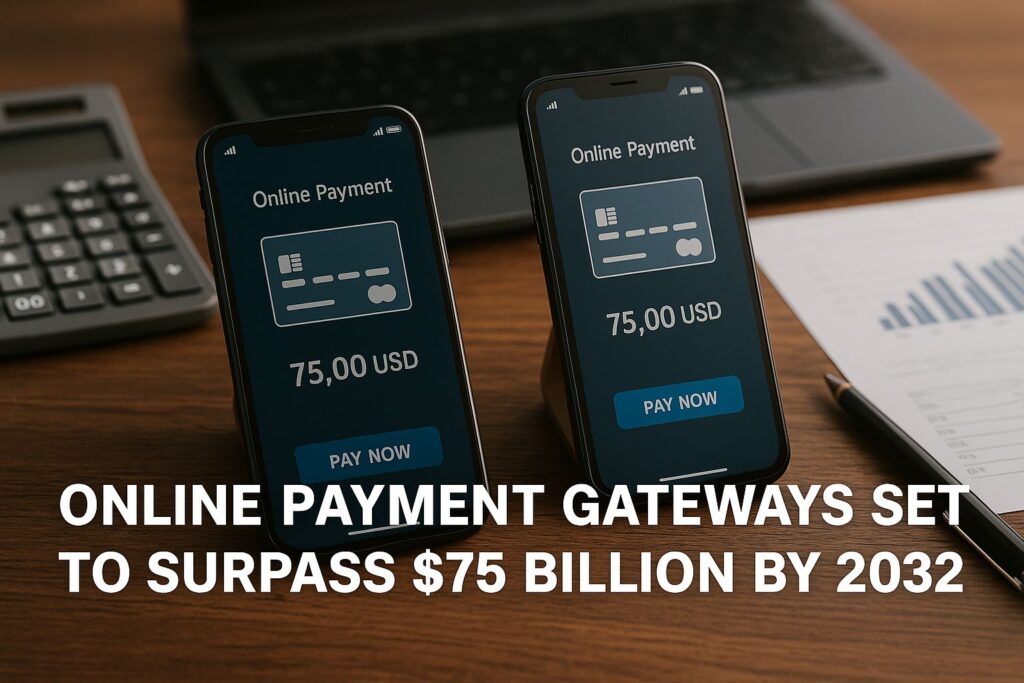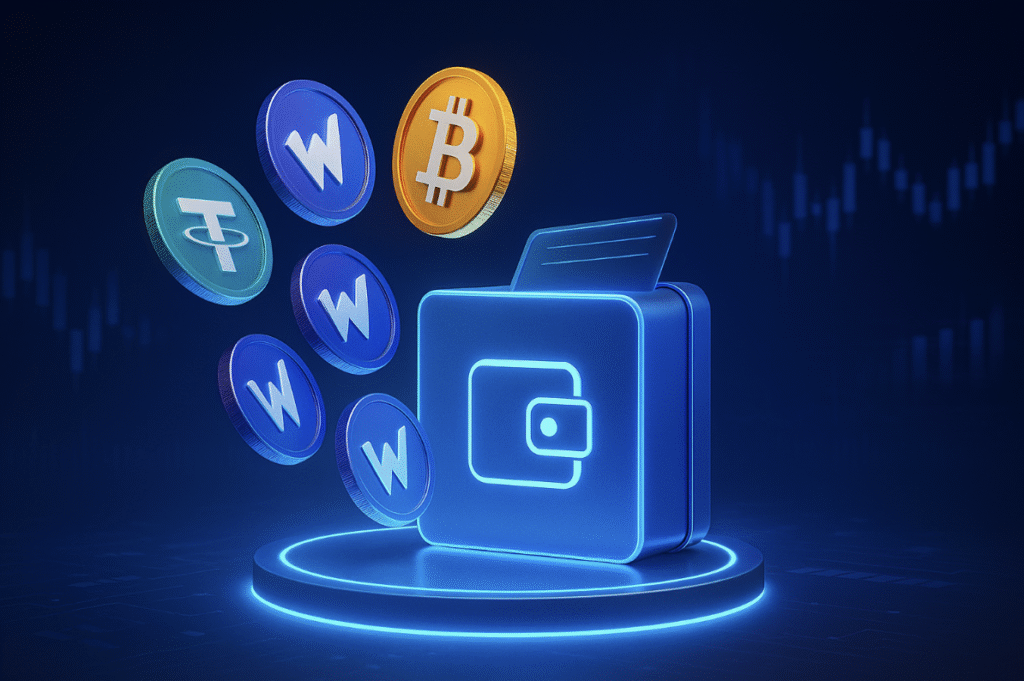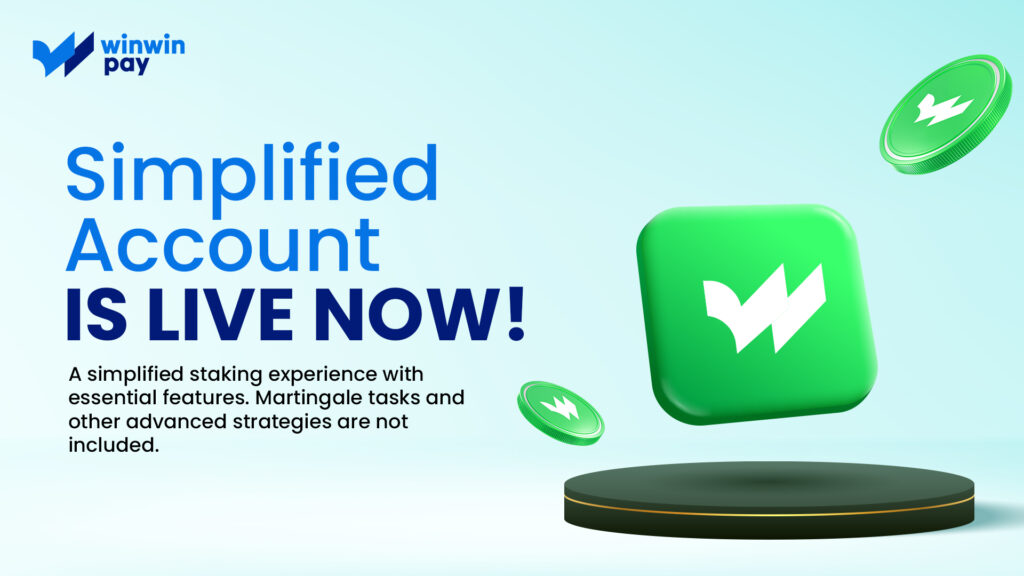
The online gambling industry is experiencing a rapid transformation thanks to fintech innovations that are optimising payment gateways, making them faster, safer, and more convenient for both players and operators. From real-time transactions to enhanced security features, fintech solutions are tailored specifically to address the unique demands of online gaming and gambling. In this article, we explore how fintech advancements are shaping the future of payment gateways in the gaming sector.
1. Real-Time Payment Processing
One of the most significant fintech breakthroughs for gaming payment gateways is real-time payment processing. Traditional payment methods, especially bank transfers, often require several days to complete transactions. However, with real-time payment systems, players can instantly deposit funds and withdraw winnings, creating a seamless gaming experience. Real-time payments (RTP) leverage advanced technology to enable transactions to clear within seconds, offering an attractive option for players who value speed and efficiency.
Real-time payments also help operators by ensuring that funds are securely transferred without delays, thus reducing the risk of abandoned transactions and boosting customer retention. This immediacy is appealing to players who want to access their funds instantly, particularly in live betting environments, where rapid transactions are essential for a competitive edge.
2. Blockchain and Cryptocurrency Payments
Blockchain technology and cryptocurrency payments have become game-changers in online gambling. These innovations offer decentralised payment options that are faster and often more cost-effective than traditional methods. Many players appreciate the transparency and security associated with blockchain transactions, which provide a public ledger of all transactions that reduces the risk of fraud and promotes trust between players and operators.
Cryptocurrencies like Bitcoin, Ethereum, and specialised gaming tokens enable anonymous, borderless transactions. This feature has proven particularly valuable in markets with regulatory constraints, as crypto payments can bypass traditional banking restrictions. By integrating blockchain into payment gateways, gaming platforms can appeal to a new audience of tech-savvy users who prioritise privacy and innovation.
3. Artificial Intelligence and Machine Learning for Security and Personalisation
AI and machine learning (ML) are increasingly integrated into payment gateways to enhance both security and personalisation. By analysing user behaviour and transaction patterns, AI can detect anomalies that may indicate fraudulent activities. Machine learning algorithms continuously improve their accuracy, helping operators identify suspicious transactions and prevent fraud in real time.
Additionally, AI-driven personalisation enhances the player experience by tailoring payment options and offers based on individual preferences. For example, an AI-powered gateway can suggest preferred payment methods or notify users of potential bonuses. This personalised approach keeps players engaged and encourages them to continue using the platform.
4. Mobile-First Payment Solutions
With the rise of mobile gaming, payment gateways have adapted to provide mobile-friendly solutions that enable players to transact directly from their smartphones or tablets. E-wallets such as PayPal, Skrill, and Neteller are popular choices for mobile payments, offering fast and secure deposits and withdrawals with a few taps. Some platforms also support pay-by-phone methods, allowing users to charge their gaming expenses directly to their mobile carrier accounts, which is particularly beneficial for users without credit cards.
The convenience of mobile payments has driven more players to engage in gaming on the go, making mobile payment solutions an essential component for any modern iGaming platform. By simplifying the payment process, these solutions reduce friction and increase accessibility, enhancing the overall gaming experience.
5. Subscription-Based and Recurring Payment Models
Some fintech innovations now support subscription and recurring payment models, where players can pay a set amount regularly to access premium features or exclusive game content. Subscription models provide a predictable revenue stream for operators and allow players to enjoy uninterrupted gaming without the need to constantly reload their accounts.
This model is particularly effective for online casinos offering live games or exclusive tournaments, where a monthly or annual fee can provide access to a premium tier. Subscription-based gaming, enabled by fintech solutions, aligns with current trends in entertainment and digital media, making it an appealing option for long-term players.
6. Open Banking and Instant Bank Transfers
Open banking has revolutionised how financial institutions share data with payment providers. By using open banking technology, gaming platforms can offer instant bank transfers with enhanced security, as players authorise payments directly through their bank apps without the need for card details. This level of integration fosters trust and simplifies the transaction process.
Instant bank transfers are appealing to players who prefer not to use credit cards or e-wallets, providing them with a straightforward way to fund their accounts directly from their bank. This method is particularly popular in European countries, where open banking regulations support these seamless transactions.
7. Enhanced Security with Multi-Factor Authentication and Tokenisation
As security concerns continue to rise, fintech solutions are bolstering payment gateway security with advanced methods like multi-factor authentication (MFA) and tokenisation. MFA requires users to verify their identity through multiple channels, such as biometric scanning or a one-time password (OTP), adding an extra layer of security that is crucial for safeguarding player accounts.
Tokenisation replaces sensitive data, such as credit card numbers, with unique tokens during transactions. This process protects users’ financial information and reduces the risk of data breaches. Together, these security features offer peace of mind to players and enhance the reputation of gaming operators as safe, reliable platforms.
8. The Road Ahead for Payment Gateways in Gaming
The future of payment gateways in gaming will likely be shaped by further fintech advancements, such as AI-driven fraud detection, biometric authentication, and immersive mobile solutions. As the gaming industry grows more competitive, platforms that prioritise cutting-edge fintech solutions will attract and retain a larger player base, benefitting from increased transaction security, convenience, and player engagement.
Overall, these fintech innovations are not just about simplifying payments—they’re about enhancing the entire gaming experience, creating a safer and more engaging environment for players worldwide. The demand for seamless, mobile-first, and secure payment options will continue to grow, pushing gaming platforms to integrate more sophisticated technologies and stay at the forefront of fintech developments.





